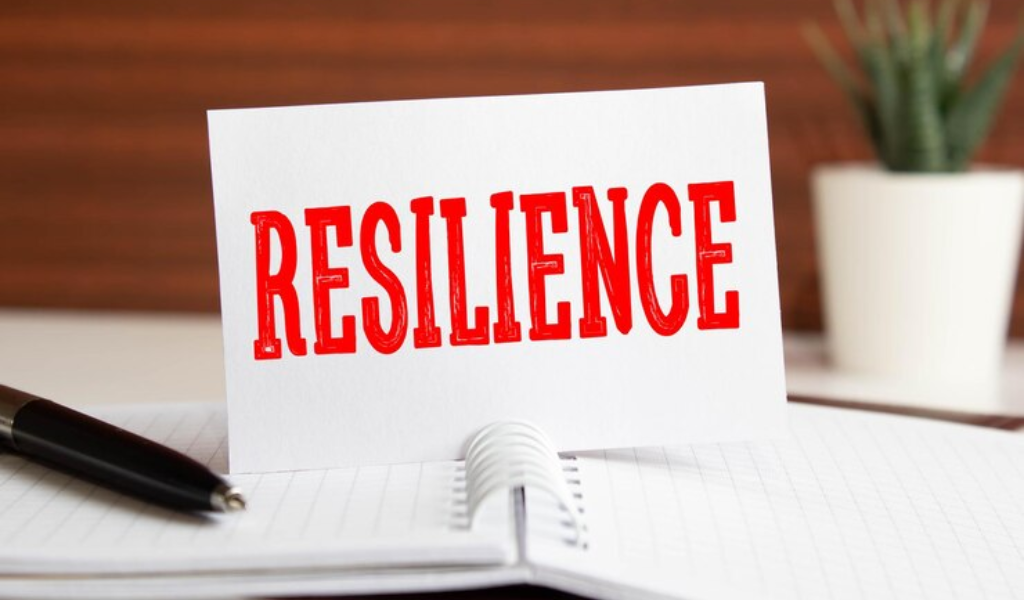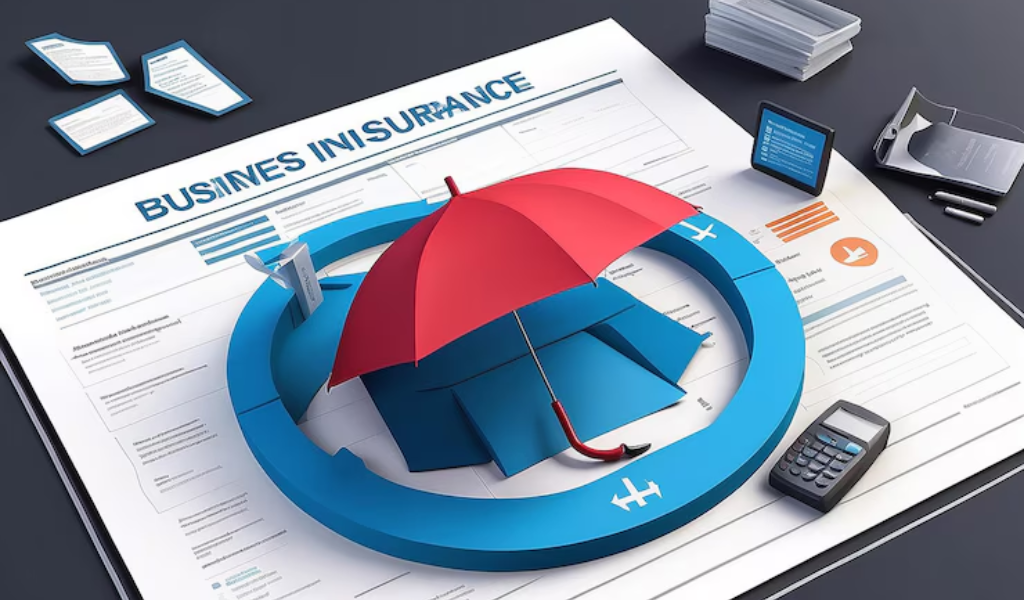Running a business can be incredibly rewarding, but it also comes with its risks. From natural disasters to lawsuits, the unpredictable can happen at any time. That’s why having business insurance is not just a safety net—it’s a necessity. In this blog, we’ll dive into 5 essential reasons why your business needs insurance and how it can protect both assets and your peace of mind.
1. Protection Against Lawsuits and Legal Claims
Legal Action Can Be Costly
One of the most important reasons your business needs insurance is to protect it from lawsuits. Even if your company operates ethically and follows every law to the letter, there’s always the potential for legal action. Whether it’s a disgruntled customer claiming negligence, a business partner dispute, or an employee suing for workplace injuries, these legal issues can arise out of nowhere.
Without insurance, legal fees and court costs can drain your company’s finances. According to a study by the U.S. Small Business Administration (SBA), the average cost of litigation for small businesses ranges from $3,000 to $150,000 per case. Business liability insurance covers your legal fees, settlements, and other associated costs, keeping your business from being crippled by a lawsuit.
The Role of General Liability Insurance
General liability insurance is designed to protect businesses from claims involving bodily injury, property damage, and personal injury. This means if a customer slips and falls in your store or if an employee damages a client’s property, you’re covered. General liability insurance is not just for large corporations—small businesses benefit significantly as well.

2. Safeguard Your Assets and Property
Protecting Tangible and Intangible Assets
Your business is more than just a name—it’s an ecosystem of assets, both physical and intellectual. Whether you own an office building, expensive machinery, or even a stockpile of products, these assets need protection. Natural disasters, fires, theft, or vandalism can wreak havoc on your business. Without the proper coverage, these unforeseen events can lead to massive financial losses.
Property insurance ensures that your business can recover from these situations. It covers everything from your building to your office equipment and inventory, depending on your policy.
Intellectual Property Coverage
In addition to physical assets, many businesses have intangible assets like patents, trademarks, or trade secrets. While physical property insurance won’t cover these types of assets, there are specific types of intellectual property insurance that can help protect your business against lawsuits or loss of these vital resources. This is especially important in industries where innovation and branding play a key role in success.

3. Ensuring Business Continuity
Business Interruption Insurance
One of the biggest risks a business faces is the potential for unexpected events to stop operations. Whether it’s a natural disaster, a fire, or a pandemic, business interruptions can happen unexpectedly, causing massive revenue loss. When your business comes to a halt, you still have to pay expenses like rent, utilities, and salaries.
Business interruption insurance covers the lost income and operational expenses while your business is temporarily closed. This type of insurance is essential if your business relies heavily on physical locations or in-person operations. For example, a restaurant that closes due to a flood can use business interruption insurance to cover costs while repairs are made, ensuring it doesn’t lose revenue during downtime.
Recovery and Resilience
Having insurance not only keeps your business afloat during a crisis but also ensures that you can get back on your feet quickly. It allows you to focus on rebuilding instead of worrying about how to keep the lights on. This insurance is essential for maintaining client trust and ensuring long-term stability in your market.

4. Employee Protection and Retention
Workers’ Compensation and Health Benefits
Your employees are the backbone of your business, and protecting them should be a priority. Workers’ compensation insurance provides coverage for medical expenses and lost wages if an employee gets injured on the job. This insurance is legally required in most places, and failing to have it can lead to significant penalties.
Additionally, offering health insurance and other employee benefits can boost morale and increase employee retention. In a competitive job market, benefits packages can be the deciding factor for top talent choosing between your company and a competitor.
Liability and Employment Practices Insurance
Employment practices liability insurance (EPLI) protects businesses against claims made by employees. This includes issues like wrongful termination, discrimination, or sexual harassment claims. These lawsuits are not only financially draining but can also severely damage your company’s reputation. Having this coverage gives you the peace of mind that you’re protected against these risks, allowing you to focus on running your business.

5. Compliance with Legal Requirements
Meeting Regulatory Standards
In many industries, certain types of insurance are legally required. For example, workers’ compensation insurance, professional liability insurance, and commercial auto insurance may be mandatory depending on the nature of your business and where you operate. Failing to carry the required insurance can lead to fines, license suspension, or even lawsuits.
By maintaining proper insurance, you’re not only protecting your business from penalties but also demonstrating that your business operates responsibly and ethically.
Earning Trust with Clients and Partners
Many clients and business partners expect the companies they work with to have adequate insurance coverage. For example, if you’re a contractor bidding on a project, your client may require you to have liability insurance before signing a contract. Similarly, some landlords may require businesses to carry property insurance to lease their space.
Having the appropriate insurance helps build trust with partners, clients, and customers, showing them that your business is reliable, responsible, and prepared for unforeseen events.

Conclusion
Insurance isn’t just an option for businesses—it’s essential for protecting your assets, your employees, and your future. From covering legal fees in lawsuits to safeguarding your property and ensuring business continuity, the right insurance policy can mean the difference between surviving a disaster and closing your doors permanently.
Whether you’re a small startup or an established company, understanding and investing in the proper types of insurance is crucial. With the right coverage, you can face the uncertainties of running a business with confidence, knowing that you’re protected from the unexpected. So, don’t wait until disaster strikes—protect your business today!
Stay tuned with grafferix for more updates!



